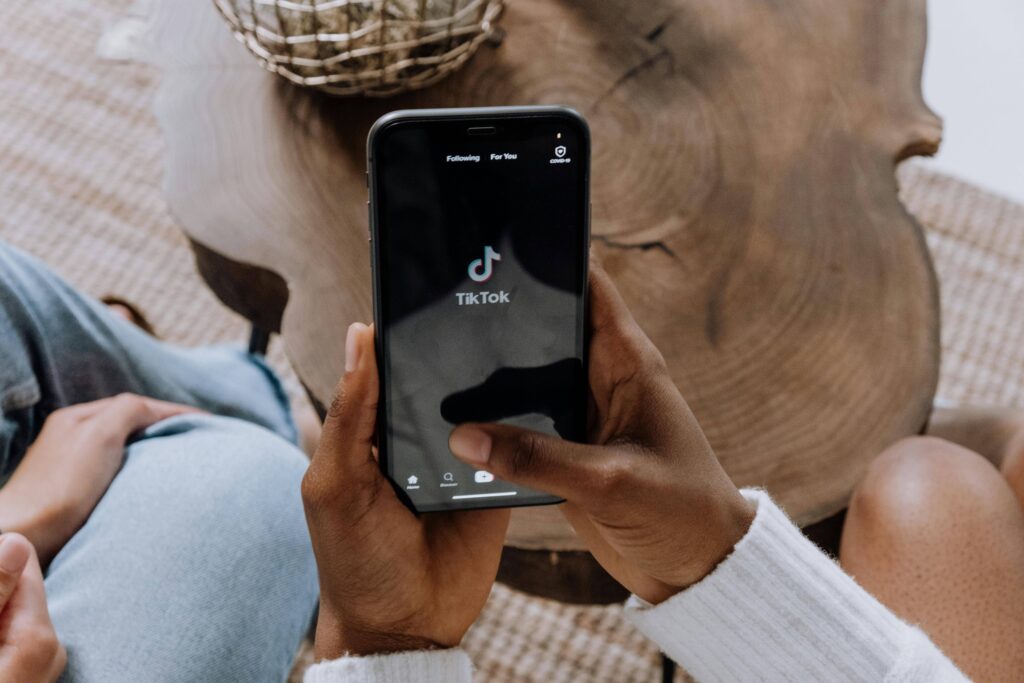Within his first few hours in office, President Trump decisively began releasing executive orders. He overlooked the less-pressing concerns like affordable healthcare, affordable housing, disaster relief, student loan debt relief and social isolation, and focused on what the American people really need: another online platform on which to waste their time, erode their self-esteem, fragment their relationships, and otherwise rot their brains. He immediately instituted a 75-day deferral of the law banning TikTok in the hopes that the app would be sold to a US buyer.
In case you missed it, TikTok was indeed banned and inaccessible to the American people–for just a few hours. Congress voted to ban the social media platform on account of national security concerns prior to Trump’s executive order. Now, the constitutional legality and chosen grounds for prohibition aside, is there a reason to ban TikTok?
A group of 14 attorneys general from across the country and political spectrum think so. This bipartisan group filed lawsuits in October 2024 against TikTok for harming children’s mental health, citing addiction, disruption of sleep cycles, and encouragement to engage in risky behavior. Additionally, the exposure to filtered, edited, and now AI-generated content create unrealistic expectations children and teenagers compare themselves to, encouraging body image issues and other related physical and mental disorders. As if that were not enough, TikTok insiders have shared that they are well aware of the fact that underaged users are accessing the app, which is unconcerning until one looks at the rate of sextortion, child sexual abuse material, and other forms of sexual exploitation occur on the platform. Lastly, the compulsive level of use (the type the platform wants you to have) has been connected to loss of “analytical skills, memory formation, contextual thinking, conversational depth, and increased anxiety,” according to the legal brief filed by Kentucky Attorney General Russell Coleman.
Let’s not forget, businesses like TikTok which operate in the attention economy derive profits from maximizing user’s time spent on their platforms (specifically, so they can view more ads). Those designing the app are designing it to maximize the likelihood of users becoming addicted and thus increasing revenue. They do not care how this affects your quality of life. They
do not care how it affects your relationships, your self-esteem, your belief system, your ability to read critically and engage with people and ideas, or how much of your life you actually live.
I have qualms with social media on the whole for degrading real-life interactions and creating a warped understanding of relationships wherein the type of relationships we invest more time, thought, and energy into are not real or meaningful relationships at all. TikTok is less offensive in this regard than, say, Instagram. However, my primary offense against the app, which is known particularly among Gen-Z as being the most attractive and consuming platform among all the available options, is the fact that we spend so much time on it.
Why on earth, with this one wild and precious life we have, would we want to spend it watching other people do interesting things in 30-second clips for hours at a time, when instead we ourselves could be doing interesting things? Why do I want to watch someone interacting with and interviewing strangers when I could very well talk to a stranger myself?
We have this artificially developed instinct to pacify ourselves in all the little moments. Because of this, we fail to think as deeply, to grow comfortable with silence, to grow comfortable with ourselves or even to notice little things like birdsongs and the person next to us on the train. I, personally, want to be in deep community and relationship with my surroundings. That includes my neighbors, the birds, the squirrels, the thoughts and feelings bouncing around within my own being, the whispers of the Holy Spirit, the crunch of the snow, the invigorating cold air–well, maybe not that last one.
It is a beautiful thing, to truly know another thing or person in great detail. There comes a point where we can know things too well to feel anything but love for them–of this I am convinced. I wish to know this place well. I wish to know and love my neighbors well. This life we are given is beautiful in both the magnificent and in the mundane, and I’d be loath to look back on my life and realize I was occupied with a simulation of another person’s life (if not just a simulation altogether) instead.
Now whether to ban TikTok or not, I’m uncertain. I’m reminded of something about leading a horse to water. I would love to see a massive movement of people forsake the allure of online existence and invest themselves fully in their actual lives, every moment of it. Maybe banning TikTok would provide a breakthrough for people to realize that’s how they want to live. Maybe another app would come along to replace it. It is evident that there is considerable harm from excessive activity on the app; although what qualifies as “excessive” is uncertain. Increased
regulations would certainly be prudent. If nothing else, the question at least calls us to examine our lives and see if the app makes it easier or more difficult to live the way we want to. How do you want to live?
Sources: After Babel, CNN

